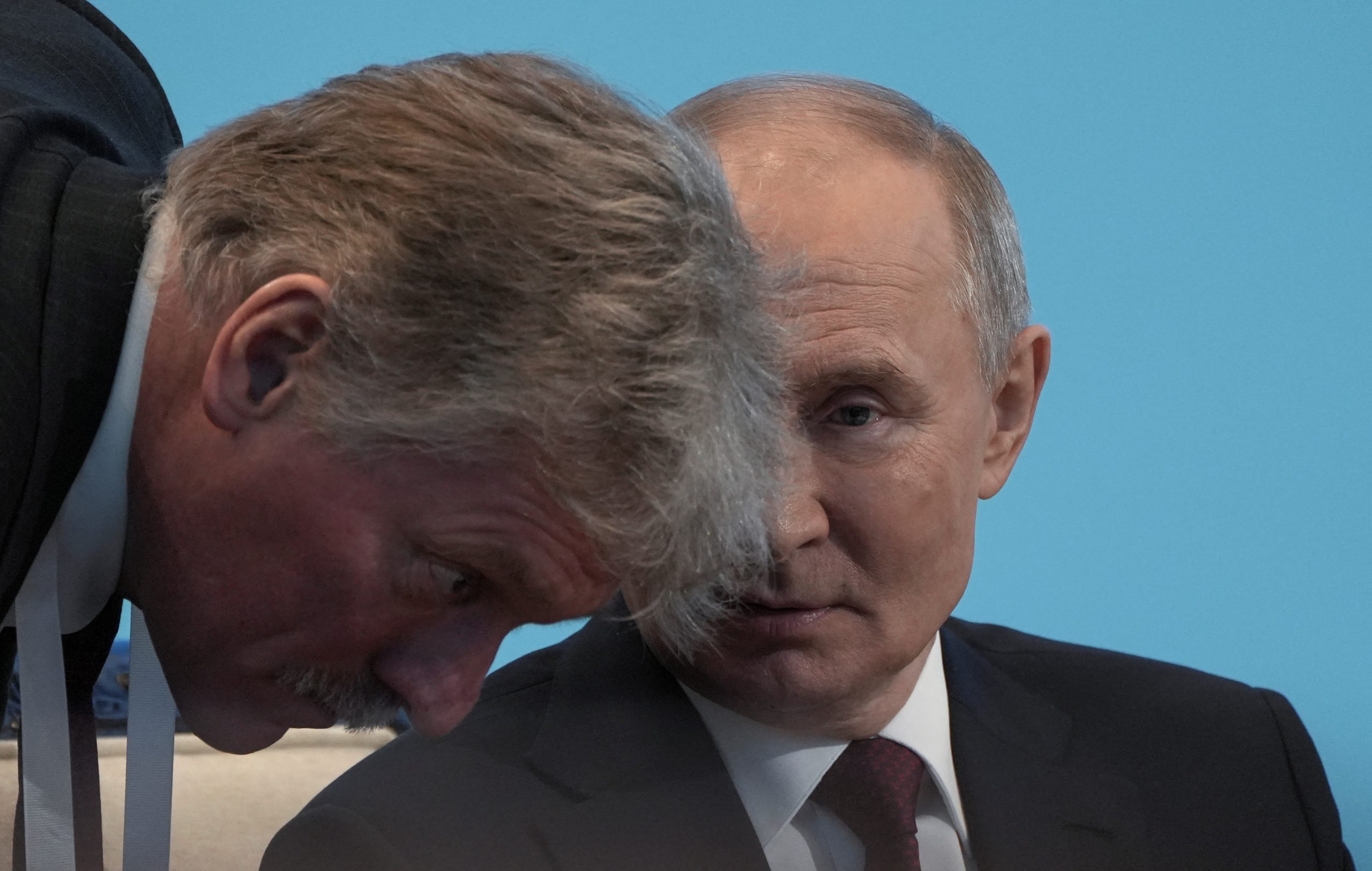Russian police raids on Moscow nightclubs spark outrage and fear within the LGBTQ+ community as President Putin’s administration intensifies its crackdown on what it labels as “propaganda.” The recent events, including the classification of the LGBTQ+ movement as an “extremist organization,” shed light on the deep-rooted suppression of rights in the country.
In a chilling display of power, officers seized electronic devices from clubgoers and detained individuals under anti-LGBT laws. The heavy-handed tactics employed by authorities echo a broader narrative of repression and discrimination against marginalized communities.
The one-year anniversary of the Supreme Court’s decision serves as a grim reminder of the ongoing battle for equality in Russia. Despite activists’ warnings about the consequences of branding the LGBTQ+ movement as extremist, the government continues to push forward with oppressive measures in the name of “traditional values.”
The recent legislative actions, such as banning adoptions based on gender transitioning laws in other countries, highlight the Kremlin’s relentless pursuit to enforce its rigid ideology. By targeting over a dozen nations, including European countries and allies like Australia and Canada, Russia signals its determination to uphold what it deems as traditional family structures.
As videos circulate on social media showcasing police raids at prominent nightclubs like Arma and Mono bar, the world witnesses a stark illustration of state-sanctioned discrimination. The crackdown not only infringes upon individual freedoms but also sends a chilling message to those advocating for LGBTQ+ rights in Russia.
Expert analysts warn that these aggressive tactics could have far-reaching implications beyond immediate arrests and seizures. By stifling dissent and limiting freedom of expression, Putin’s regime tightens its grip on power while silencing voices that challenge its authority.
In a climate where basic human rights are trampled upon in the name of outdated ideals, it becomes imperative for global leaders and activists to condemn such egregious violations. The international community must stand in solidarity with those persecuted for their sexual orientation or gender identity, urging Russia to respect fundamental liberties enshrined in universal human rights principles.
As Moscow’s nightclubs turn into battlegrounds for civil liberties, the world watches with bated breath, wondering how far authoritarian regimes will go to suppress dissenting voices and maintain control over their populace. The question remains: Will justice prevail in the face of oppression, or will silence become a weapon wielded against those who dare to speak out?









